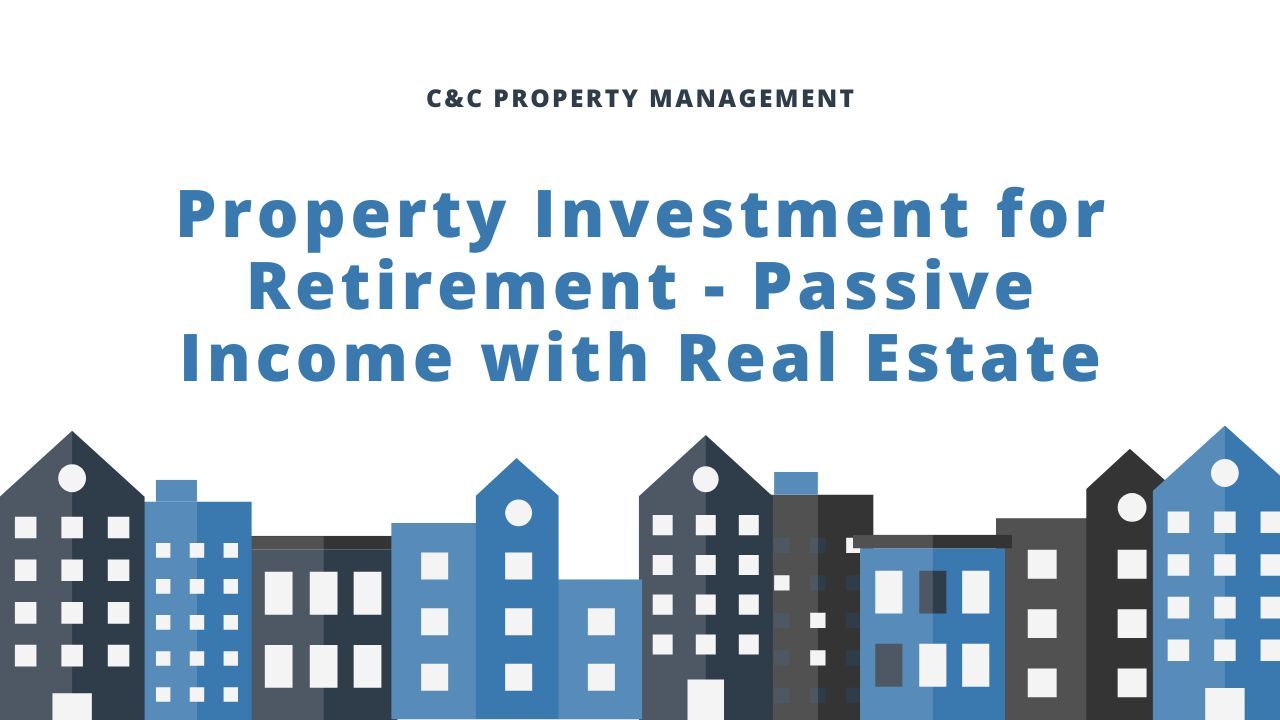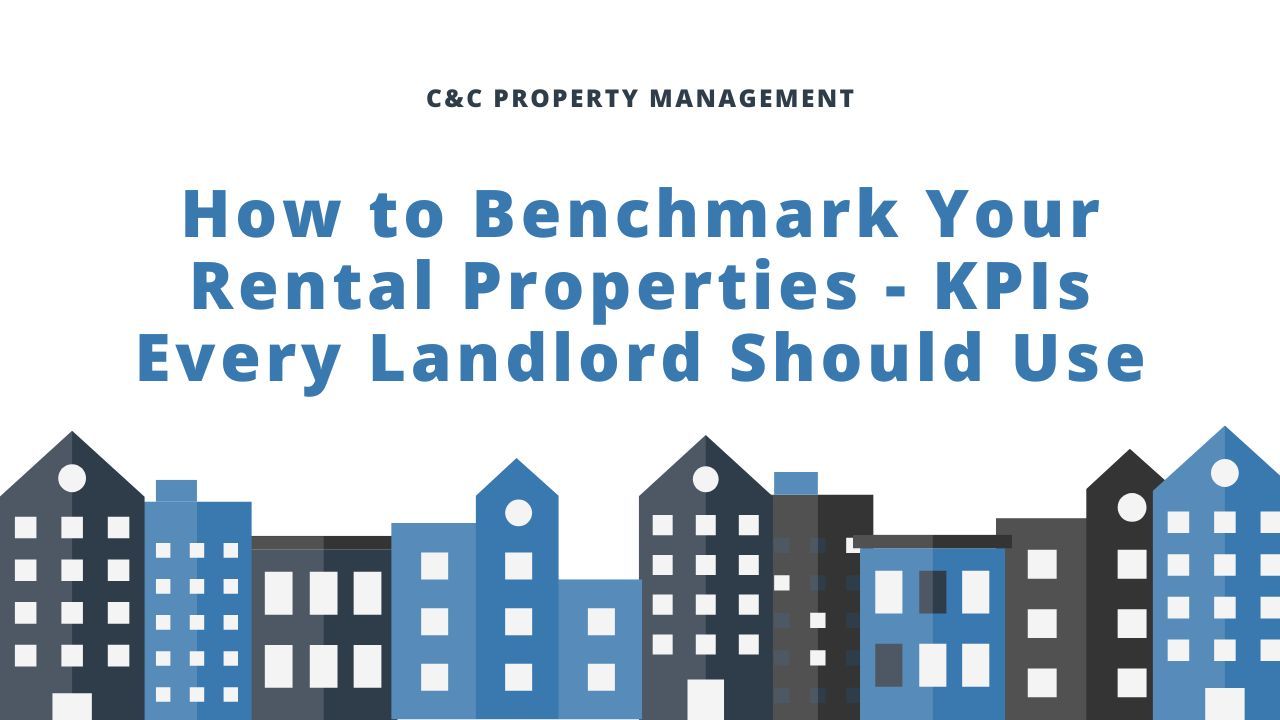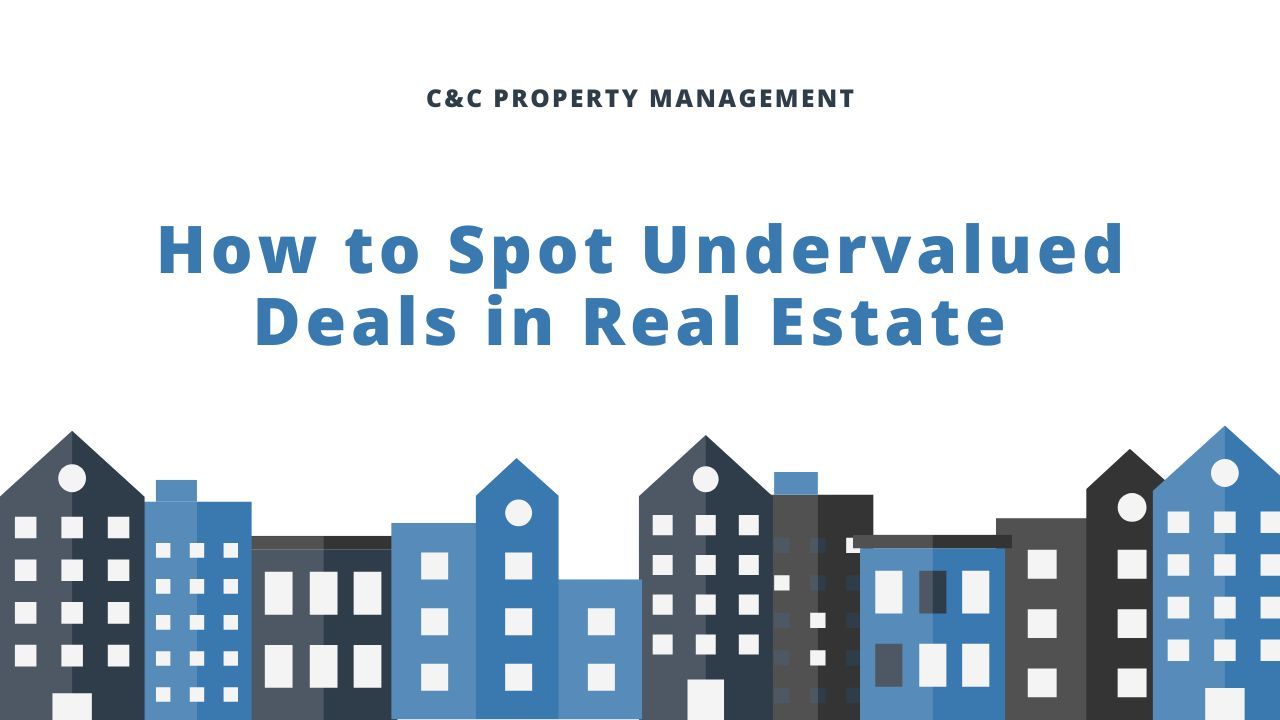Renting Respectfully: Leases
Property Management is for BOTH the tenant and the owner...
Property management is for both the owners and tenants. Our job is to provide our clients with the best tenants. The question here is, WHAT IS THE BEST TENANT? That’s what I’m here for. I want to help my renter friends become the cream of the crop. Being a good tenant establishes healthy relationships between you, your management team, and the landlord. It makes your time as a tenant just that much better and who knows? You could become a landlord down the line and know exactly what to expect from your tenants.
Leases. Leases. Leases. We all know exactly what that is. We hear the word every day in property management. Today, I want to explain exactly what a lease is and as a tenant, what your responsibilities are. You’ll thank me later.
Let’s start with the basics- the rental lease agreement.
MOST IMPORTANTLY- If you dont understand something in the lease, ask about it! Your landlord will appreciate you asking questions in advance rather than down the line when a problem arises.
At C&C, our lease is pretty clear cut. But we understand that confusion can arise for those who dont deal with leases on a daily basis. We recommend that, as a tenant, you make sure you’re clear about what your lease entails. Ask questions about anything you’re not 100% sure about.
I PROMISE your landlord will appreciate you guaranteeing your understanding of the lease prior to moving in- not only will it help you make sure you know what you’re signing up for but it will also establish a good relationship between you and your landlord early on by showing them that you care about the agreement you’re making with them.
What IS a rental lease agreement? Simply put, it’s a contract between a landlord and a tenant that allows the tenant to lease or rent the landlord’s property for a specified amount of time AND under certain conditions.
The lease will spell out the obligations of both the owner and the tenant. For example, who is responsible for maintenance, utilities etc. Sometimes, leases can have a “rider’ or an “addendum” that further stipulates terms not specified in the lease.
Let’s talk about common items you’ll see in a lease.
1.Rent term and rent amount
Usually, leases are set for a year and the monthly rent is set. It will also include late charges if rent is not paind on time. It could include a flat late charge or an additional daily fee for each day rent is behind. If anything is unclear to you, don’t be afraid to ask the landlord to clarify and to fix the lease so that you’re both clear.
2. Rent Instructions
Most leases require rent to be paid on the first of the month. Some landlords give a grace period to turn in payment. Make sure you are clear on the rent collection period so you can avoid the late charges.
3. Security Deposits
The most common question that comes up surrounds Security deposits. a security deposit is an upfront payment that protects the landlord’s investment if there is any damage to the property. It’s very common to pay the security deposit and first month’s rent. The lease should state under what conditions the deposit will be held after the lease is up.
4. Pets
First, make sure the landlord accepts pets and that it’s included in the lease. Having a pet can include a non-refundable deposit, for example $500 per pet. It’s really important that you fully understand what type of pets are allowed. You want to avoid any issues where you’ll violate the lease and will have to give up your pet.
5.Lease Termination
Lease termination deadline is very important. Make sure you know the time period you have to notify your landlord that you intend on moving out. For example, if the lease says you have to give 60 days, make sure it’s the full 60 days. If it’s 59 days, you may be responsible for a whole other month. So BE 100% sure you know your deadline. This avoids issues all around.
6. Maintenance
Maintenance is another biggie. Usually, if there is a major appliance or system fails as a result of NORMAL WEAR AND TEAR, it’ll be the landlord’s responsibility to get it repaired. The lease will let know you what items athe landlord is responsible for maintaining and fixing. Remember, this falls within NORMAL WEAR AND TEAR. If you’re beating up the dishwasher, then guess what? THAT IS YOUR RESPONSIBILITY. So remember, take care of everything so your landlord can take care of you.
7. Roommates
I cannot stress this enough. You’re welcome to have roommates and as long as each person is listed on the lease, there is no issue. However, if you decide to move someone in afterwards, you NEED APPROVAL FROM THE LANDLORD FIRST. This way, they can be added to the lease so you are BOTH financially responsible. If a property manager comes for an inspection and finds more people than listed on the lease, this is grounds for an eviction.
We want both owners and tenants to have an enjoyable experience. Legal issues, courts, legal fees, etc are no fun for anyone. You do not want a smudge on your eviction history. It’ll make it so much harder to rent future places. If you have any questions, contact us at C&C- we're happy to help!








